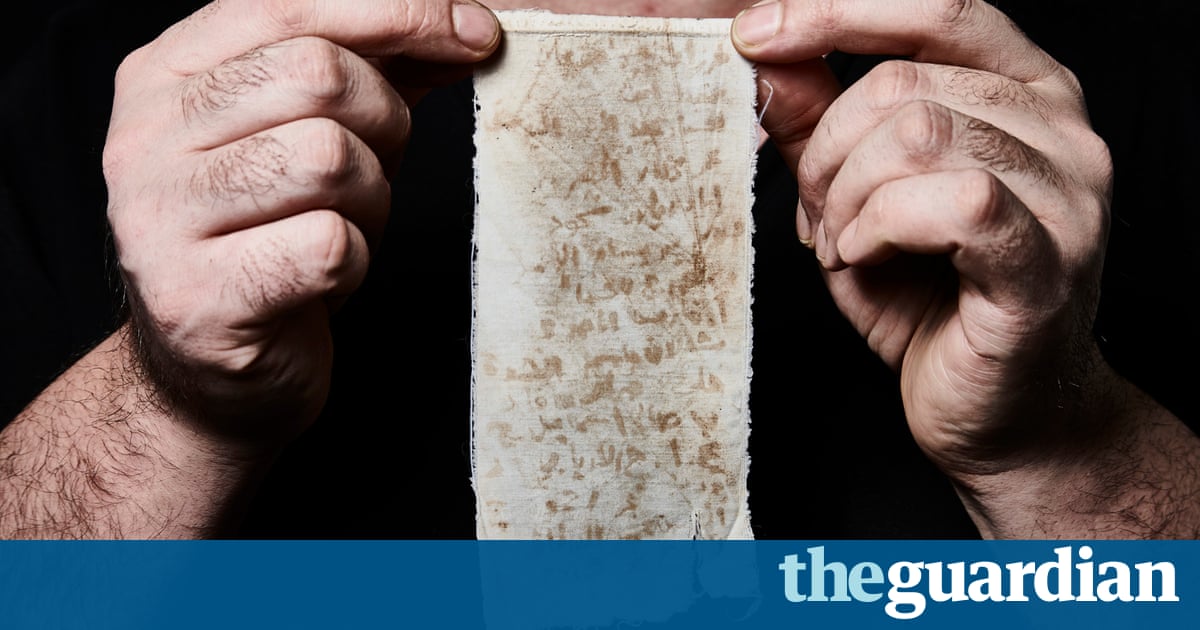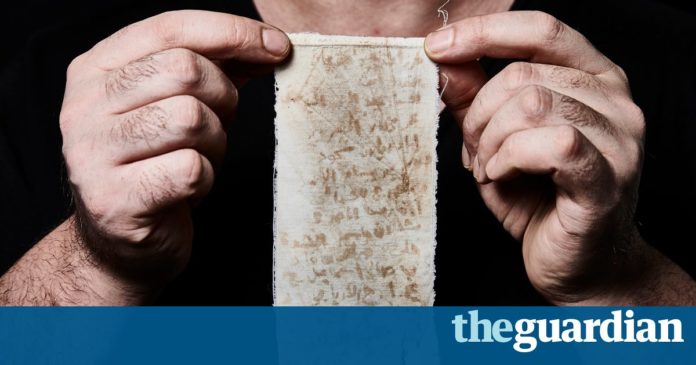A new documentary hears from the individuals who induced it out of Assads prisons and their gruesome quest to recognize others who have died in custody

I still recollect their last word to me: Please dont forget us. This resounds in my ears every day like church buzzers, like a daily call for prayer.
Mansour al-Omari, a Syrian human rights activist, recalls the moment his name was called by the jailer after investing nine months in detention. He was lucky to be liberated, but is haunted by those he left behind.
Conditions in the Syrian government detention centres are hellish. Detainees describe being held in overcrowded cells, suffering from malnutrition and regular physical and psychological insult. Thousands have died under torture, or due to the hostile conditions and forget. And many former detainees, ones I have interviewed for the movie Syrias Faded: The Case Against Assad, harbour survivors guilt.
Mazen Alhummada, a leftwing activist and employee of an petroleum company who was detained for 18 months, told us: When we were imprisoned, we promised one another that if one of us get out we would tell the world what was happening inside. I am determined to uncover this government, just as we agreed. Its my duty to the people who are still there. Mansour echoed this: It is always a remedy to my souls soreness to aid those who are still underground.

Tens of thousands of Syrians are currently missing in detention, a hidden horror of the six-year-old Syrian civil campaign. Detention has long been a tool of repression for the state to stillnes and punish its critics, but it has never before been meted out as penalty on such a vast scale.
From the outbreak of the peaceful protests in 2011 in the wake of the Arab spring, President Bashar al-Assads government cracked down heavily on any and all opponent. Requirements for reform were met by gunfire and the security forces induced mass arrests. With the country since descended into a brutal civil campaign, the two arrested and detentions have continued to the present day.
The Syrian government refuses to disclose the names of those detained or accept how many people are being held in its clandestine prisons. For families and friends of those detained, this is another form of torture. They search for news about their disappeared loved ones , not knowing whether they are dead or alive.
Mazen has several close family members currently disappeared in detention. I miss them so much. They dont leave my thinker. I look at their photos every day and they give me strength to keep going.
Documentation created by the Syrian government attests to their barbarism. Photographs taken by the military police catalogue the dead; thousands of these photographs were smuggled out of the country in 2013 by a defector codenamed Caesar. They demonstrate more than 6,700 corpses of those who died in the detention of the existing regime. Many of the bodies are emaciated and demonstrate clear signs of torture, with bruises, ignites and eyes gouged out. The corpses are numbered and portrait with a card recording their detention facility.
The Syrian Association for Missing and Conscience Detainees has published headshots of these corpses online to enable identification. Households trawl through the Caesar shoots looking for missing loved ones. This grim search is plagued with uncertainty; some faces are mutilated or altered by dramatic weight loss. Relatives appear again and again at lifeless bodies trying to recognise people they once knew.
Despite the difficulties, hundreds of individuals have been identified from the Caesar photos. For Mariam Hallak, seeing the image of her son Ayham brought some aid. There was a sticker on his forehead saying he was corpse 320 belonging to detention facility 215. For Mariam, he was her youngest son, 25 years old, a popular young man who had been studying for a masters in dentistry.
Seeing Ayhams photograph rendered some close for Mariam, but she still has no clue where his body is. She “daydreams” of having a tomb for her son. She also wants President Assad and the heads of the security limbs to be prosecuted.
The UN has accused the Syrian government of the murder, rape, torture and extermination of detainees, yet activity on accountability for these crimes against humanity has been hampered. A security council resolution to refer Syria to the international criminal courtroom was vetoed by Russia and China.
The Syrian government has repeatedly refused access to independent international monitors to inspect its detention facilities. Amnesty and other groups have been calling for activity on this, and for the existing regime to publish the names of detainees, their whereabouts and what has happened to the bodies of those who have died.
We have the evidence, Mansour pleads. And there is an urgent need to save those who are still alive. It is our duty to act.
Syrias Disappeared: The Case Against Assad is on Channel 4, Thursday 23 March, 10 pm .
Read more here: http :// www.theguardian.com/ us



